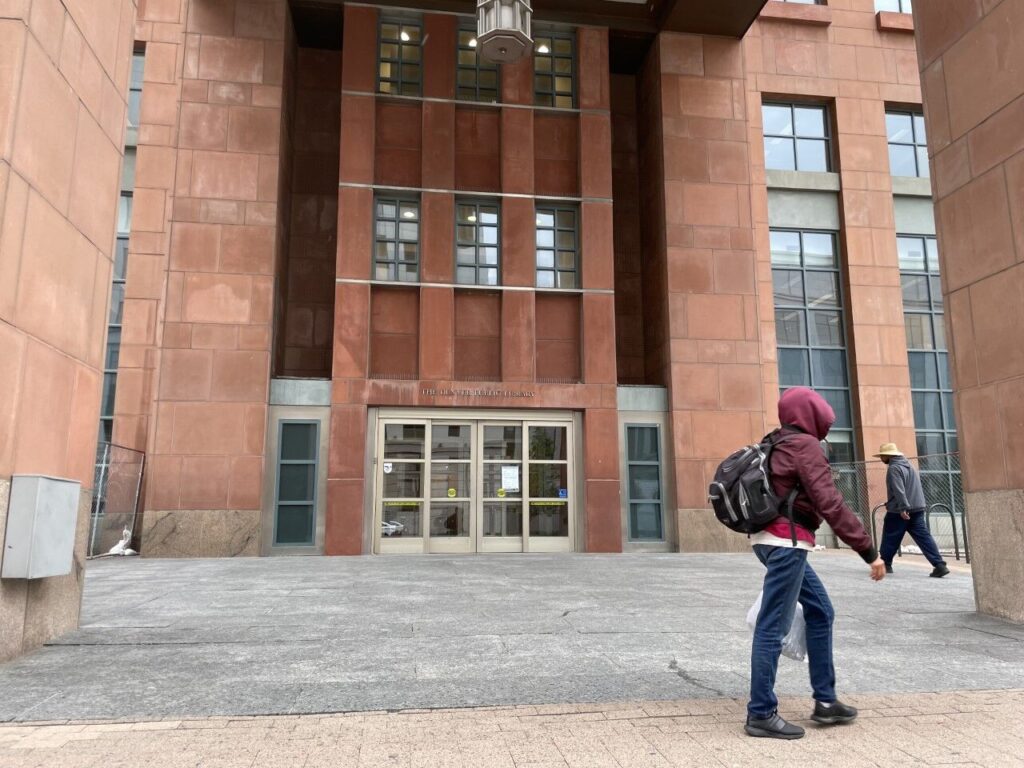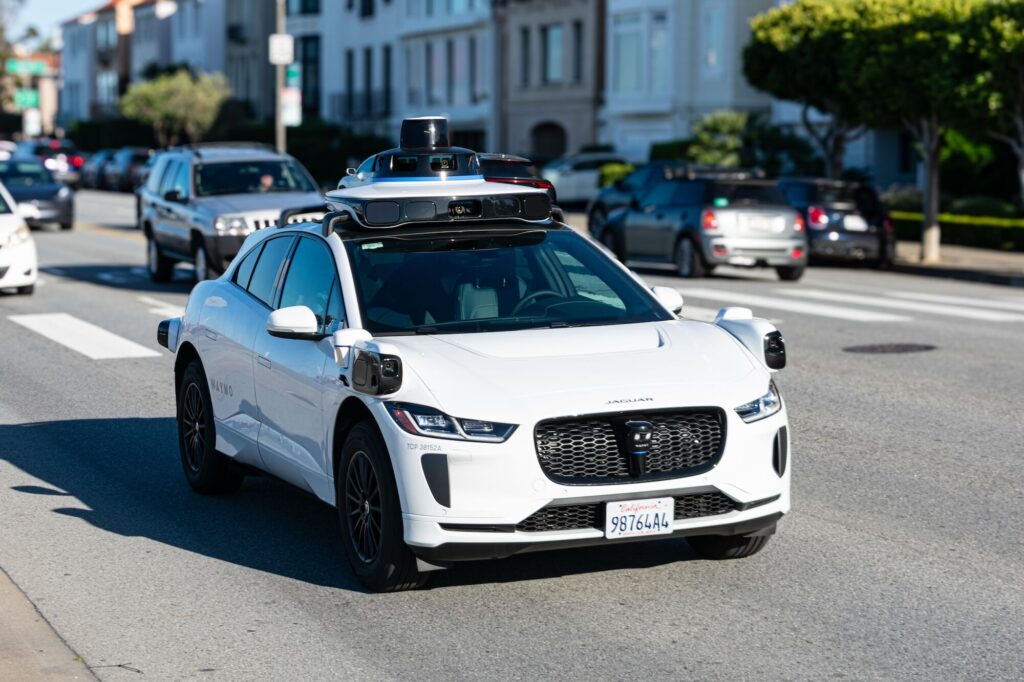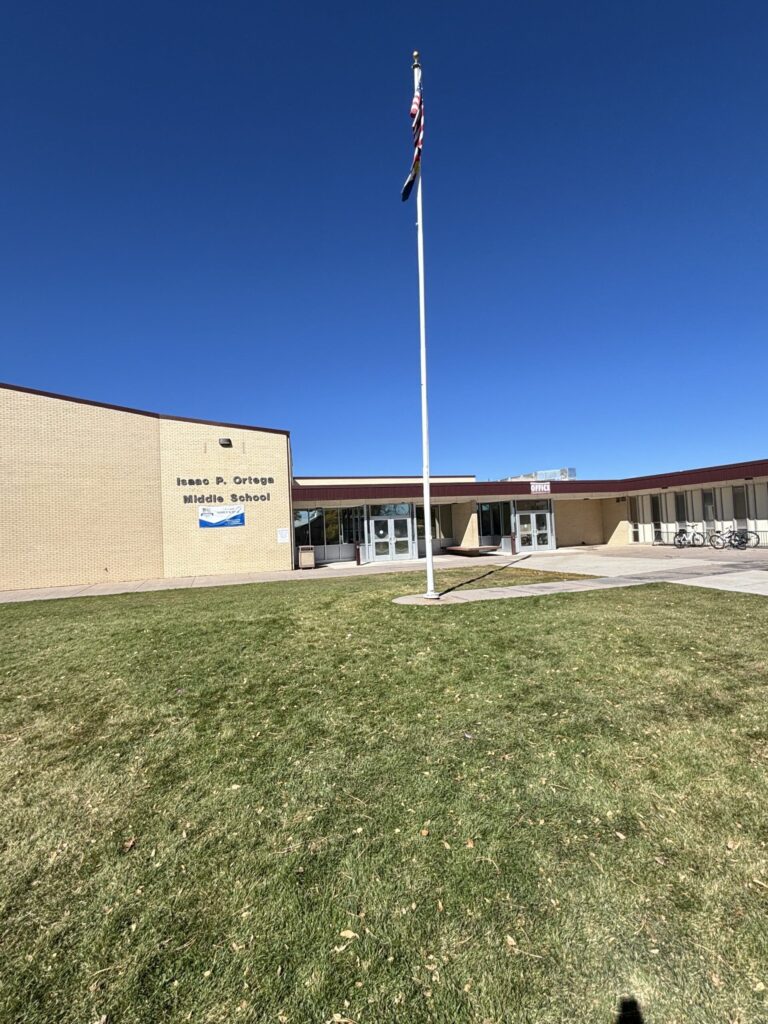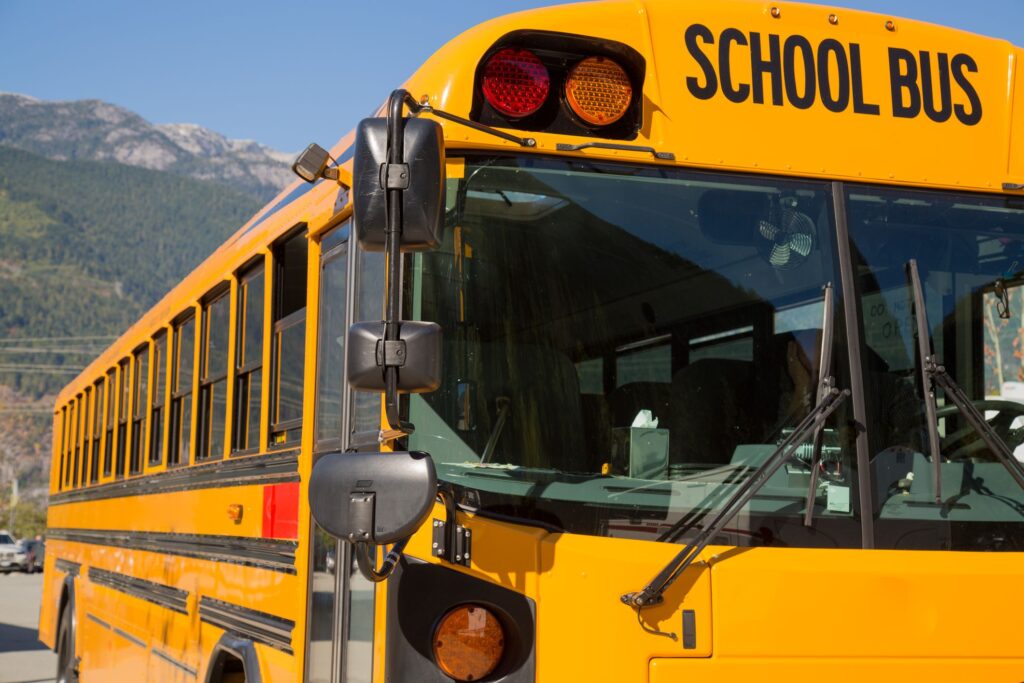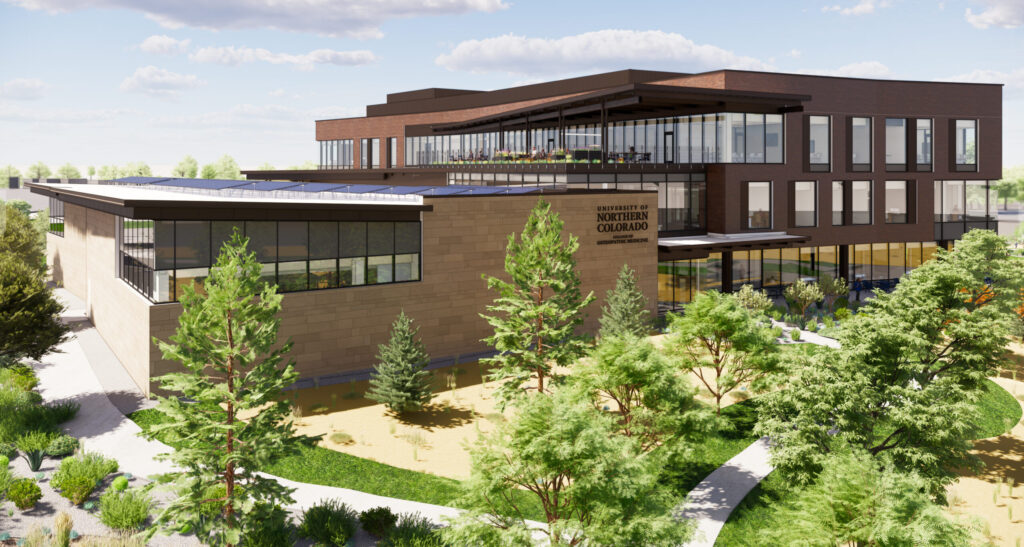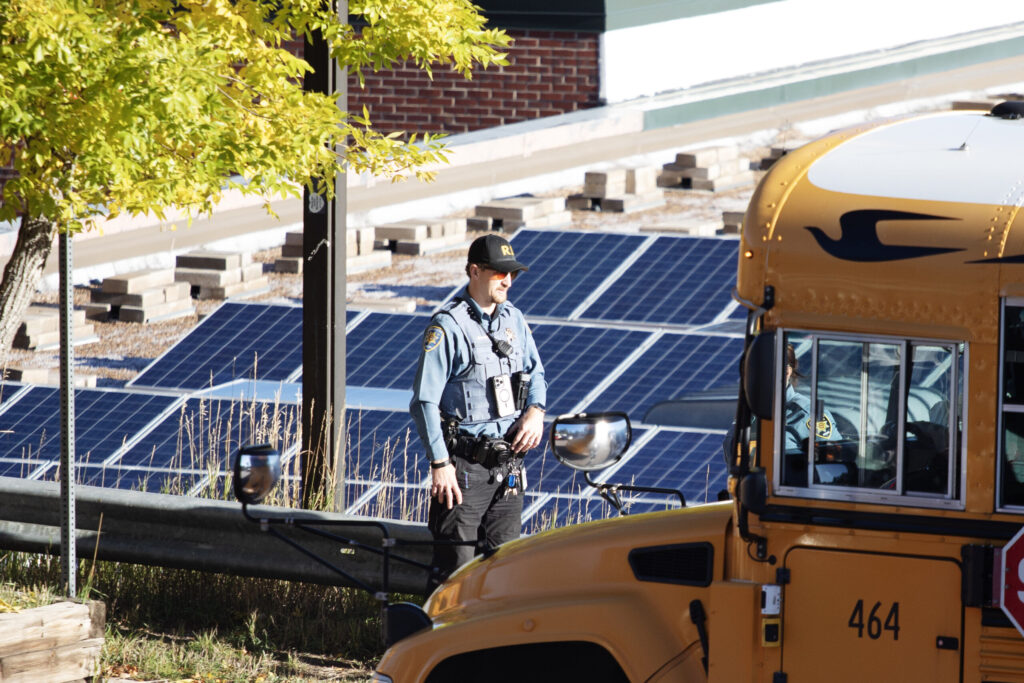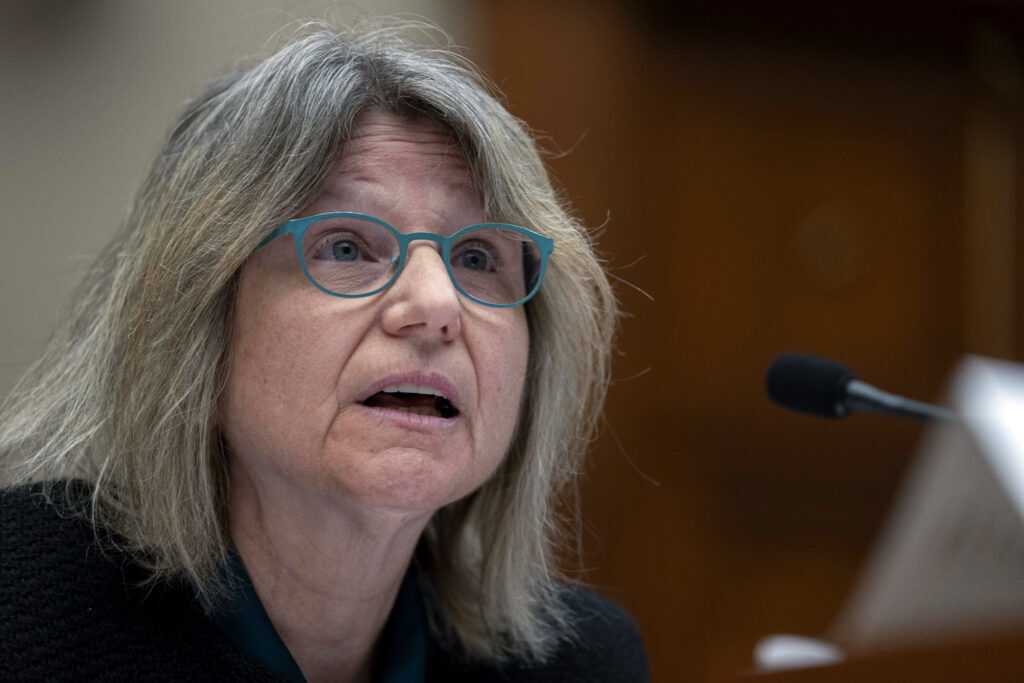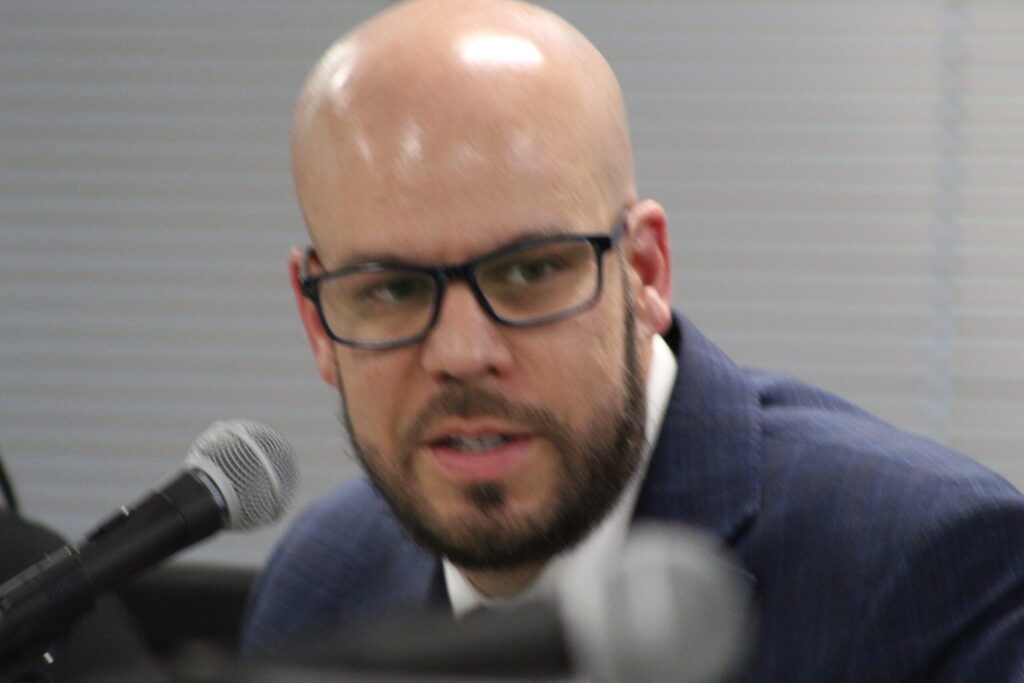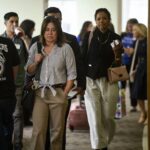Arvada high school students meet with AG about school safety
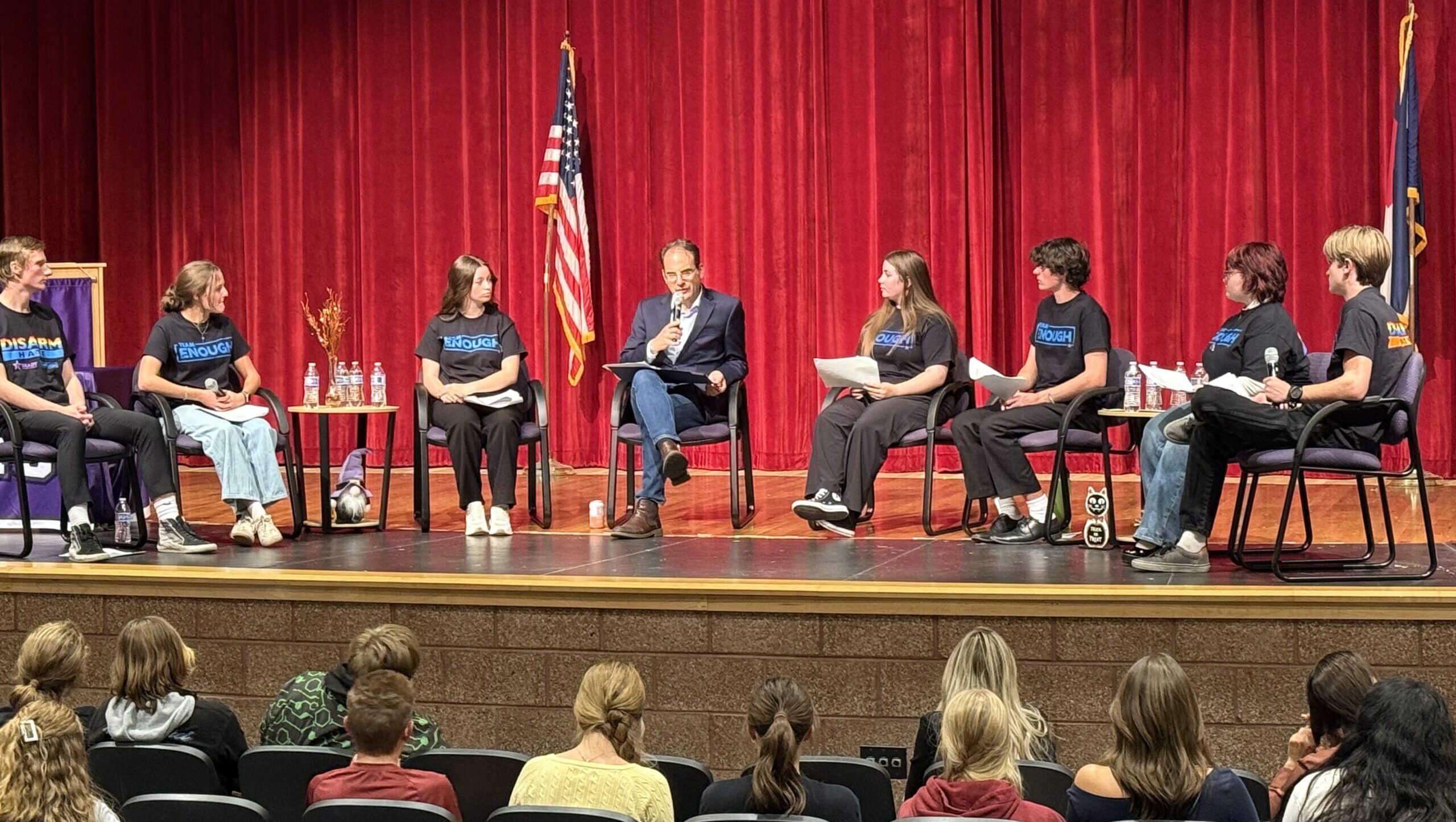
Attorney General Phil Weiser sat down with a group of Arvada West High School students Tuesday afternoon to discuss mental health and gun safety in the wake of the Evergreen High School shooting that shocked the Jeffco Public Schools community last month.
Weiser and seven student leaders sat in the Arvada high school’s auditorium, surrounded by around 50 students asking questions about what the AG’s office, along with state leaders, can do to help improve safety for students in Colorado.
Members of Jeffco Public Schools’ Board of Education were also in attendance.
“We need to be looking constantly at how we disarm hate,” Weiser told the students. “The Evergreen shooting is a call to action. What more could we have done? How could we have prevented this tragedy that has so clearly harmed our community?”
On Sept. 10, 16-year-old Desmond Holly fired 20 rounds from a revolver inside Evergreen High School, critically injuring two students before taking his own life. Both of the victims have since been released from the hospital.
Some of the students at the discussion were part of the school’s Team Enough A West — a youth-led gun violence prevention group and part of the national Team Enough movement founded by Brady United. They asked questions about mental health stigmatization and increased security throughout Jeffco Public Schools.
Regarding mental health, Weiser spoke of the Safe2Tell Program — the state’s anonymous system for reporting safety concerns, especially amongst students.
But he acknowledged that new ideas can come from students.
The students said that they are working to get mental health into the curriculum, though where and how is still up for debate. The goal is to teach students emotional intelligence.
A student named Nellie said the most important focus is “making sure that people know that having mental health issues doesn’t define you as a person.”
“Are the laws working?” Weiser asked. “Most people who die in school violence situations — it’s guns. We need to develop more of a system around gun safety.”
Weiser pointed toward the Red Flag Law, passed in 2019, that allows law enforcement to confiscate guns from someone deemed a threat to themselves or others. But Weiser added that reporting these situations through Safe2Tell is crucial to the whole process.
When asked about improved safety measures at schools — like clear backpacks, double doors and metal detectors — Weiser said that the ideas have tradeoffs.
Metal detectors, for example, need trained operators. The detectors or double doors could create a bottleneck and cost money.
“It will be a challenge to implement,” he said. “I think there will be schools that will be finding this as the way they need to do it. I believe in trying different experiments.”
One of the student leaders, Isaiah Brees, said the school will be the first in the area to have a lockdown drill during lunch instead of while already in classrooms.
The Evergreen High School shooting happened during the lunch period, leaving students scrambling as to where to go.
Still, both the students and Weiser agreed that this is a complicated topic — stretching across laws, resources and awareness.
“This isn’t a quick-fix issue. As much work as we do the rest of this year, this will still be a very relevant problem,” Brees told The Denver Gazette. “We have to pass this issue to other leaders in the school coming up to continue this fight.”






